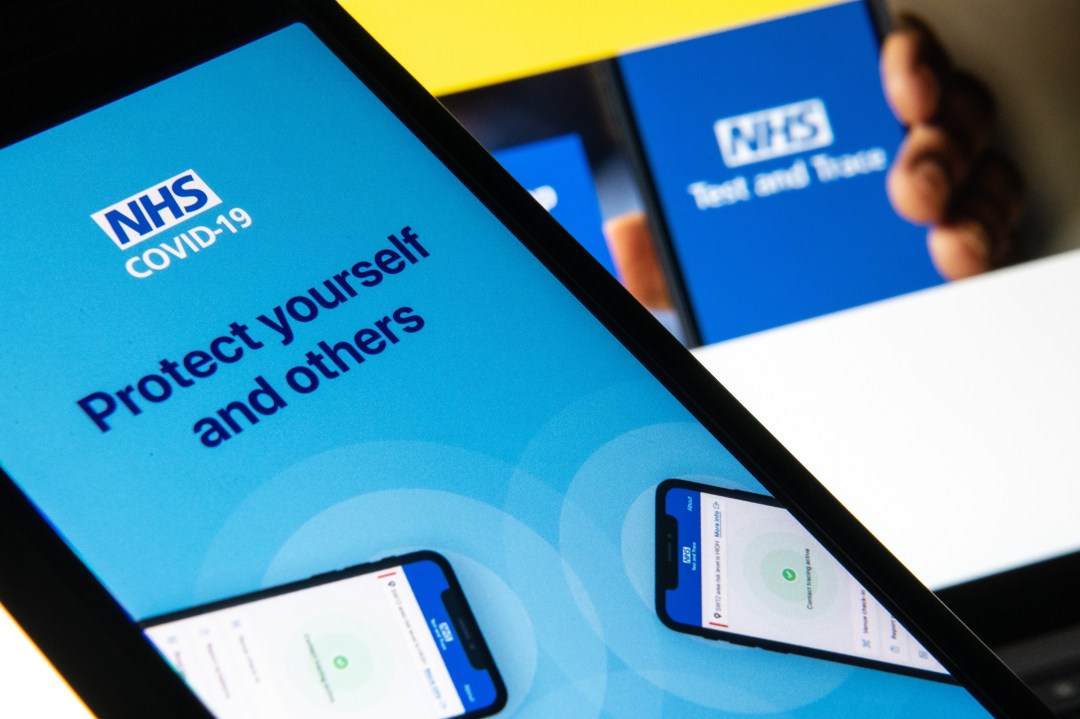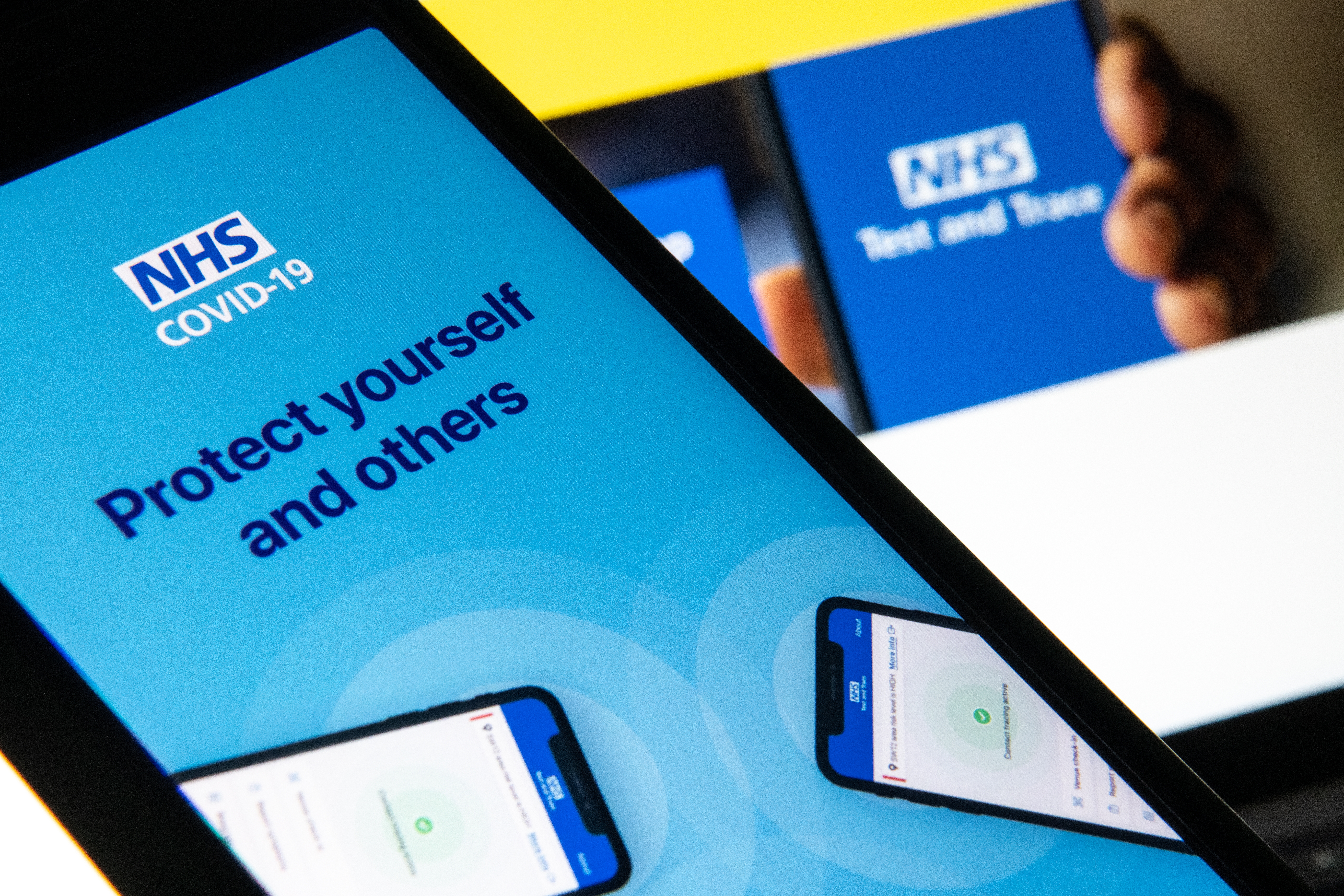Yesterday afternoon Health Secretary Matt Hancock revealed some rare good news: the new Covid-19 track and trace app, which launched last week, has already been downloaded over ten million times. Clearly, the British people are eager to use the promise of contact tracing technology to limit the spread of the virus.
The app’s arrival is months late after it was revealed the government’s original ‘centralised’ approach was fatally flawed. But now the new, improved version is here, the same question hangs over it: will it actually work? So far, the answer isn’t clear.
In the days since launch, two potentially significant drawbacks have been identified by users.
The first is technical. Users of older phones discovered that though they can install the app and use it to manually ‘check in’ to venues by scanning a QR code, they cannot use the main contact tracing functionality, which uses bluetooth to identify who has been in close proximity to who. The app also requires iPhone owners to be using a recent version of the iPhone’s operating system or newer — and though the Android picture is more complicated, similar problems are emerging with only newer phones being able to fully work.
The failures have exposed the enormous layers of complexity hidden behind the NHS brand name
While annoying, this limitation is not the fault of the government or the team responsible for the app, but is a consequence of the evolution of technology. Apple and Google no longer offer updates for older versions of their operating systems, so cannot deploy the special contact-tracing software. Meanwhile, there are also hardware limitations. Older devices lack the modern bluetooth chips that are required for the technology to work. The good news is that despite these limitations, in the case of iPhones at least, 80 per cent in use today are running compatible software.
The second major criticism the app has received is around testing. The way the app works is that if you take a Covid test and get a positive result you are given a code that you can enter into the app. Once sent in, this code will be verified to confirm the test was legitimate, and if so, notifications will be sent out to other app users that you encountered telling them to get tested, and to self-isolate, and so on.
The problem was that, as the app was launched, this would only work for Covid tests conducted by the outsourced lighthouse lab network, and not those minority of tests conducted by NHS hospitals and Public Health England.
Though the government now says that the problem has been fixed, what this exposed was the enormous layers of complexity hidden behind the blue and white NHS brand name. The reality is that the NHS isn’t really one organisation, but a complex web of organisations and services with different goals, incentives, priorities and funding mechanisms, some delivered by publicly-owned entities, others by the private sector.
Perhaps then, it shouldn’t be surprising that something like this can happen — though you might have hoped they’d have spotted this before launch.
So the big question, then: will it work? Dr David Bonsall, a virologist who is advising the government, says that according to simulations, a proper track and trace system combined with the app could reduce deaths by 11 per cent and infections by 15 per cent.
And in terms of data from the rest of the world, where similar apps have been in use for much longer, it is still too early to draw conclusions on effectiveness. Though what does appear to be true, frustratingly, is that the countries that are thought to have had the most effective tracking systems, such as South Korea and China, have only achieved it by taking a vastly more authoritarian approach of the sort that would hopefully be unthinkable in the UK.
In the former, track and trace marries up data taken directly from mobile phone masts, CCTV, credit card transactions and other sources to surveil citizens. In the latter, the government is collecting vast swathes of personal data and has developed a traffic-light system that grades citizens on risk while it has an army of guards at places like subway stations, who will deny entry based on the score.
By contrast, Germany’s system, which is more similar to the UK and is focused on privacy and voluntary participation, has found only around half of the people receiving positive tests are using the app to contact trace. This is probably a better comparison for benchmarking our expectations of what the app can achieve.
Given the limitations of the NHS Covid app, combined with Britain’s mercifully more privacy-conscious approach, it is unlikely that the Covid app will be a magic bullet in the fight against the virus. But that said, it could clearly prove incrementally effective, and we should all download and use it for this reason. Even if it saves just 1 per cent more lives, then it will still be worth it.







Comments